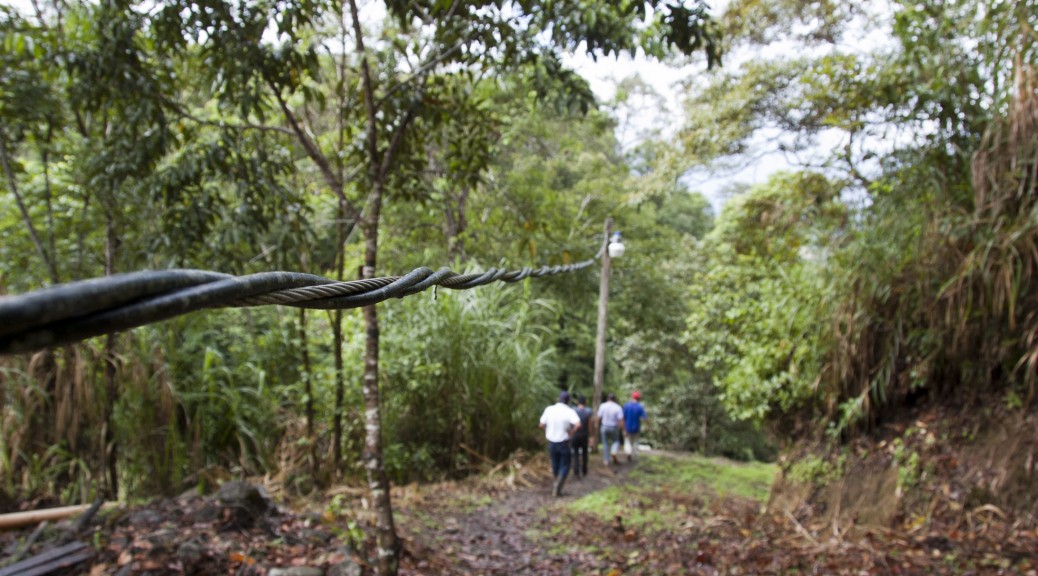Google has gotten better at forgetting. A year ago, a European court ruled that Google search results in the European Union were subject to European data-protection rules. That meant that while private individuals might not be able to force a newspaper to retract an irrelevant or outdated story about them, they could ask Google to remove links to the story. Despite a slow start, the search giant has now caught up with the requests. In the meantime, Americans, Japanese, Koreans, and others around the world are proposing the adoption of similar privacy-protection policies.
Continue reading Google’s Year of Forgetting
Category Archives: Formats
Building a Better Glacial Speedometer
Greenland is the land of escaping lakes. In the summer, when soot lands on the ice sheet’s snowy surface and the Sun begins to melt the snow, bright blue lakes form on top of the ice. Just as on land, the water seeks a way down.
Sometimes, instead of carving surface channels, water trickles into the ice sheet through crevasses and vertical shafts called moulins. In the most dramatic cases, a lake can burst through a kilometer-thick ice sheet and rush to the bottom of the glacier in a forceful waterfall. There, under high pressure, water may help the glacier glide a little faster over the rock below.
Just how fast, however, is the subject of an ongoing debate. Continue reading Building a Better Glacial Speedometer
How Nicaraguan Villagers Built Their Own Electric Grid
On a dirt road high in Nicaragua’s northern mountains, a small knot of men and two precocious young boys uncoil electrical cable from the back of a pickup truck. Other workers swing machetes at overhanging tree branches. Along the cleared shoulder of the road, another crew tightens a cable on a freshly planted utility pole. Continue reading How Nicaraguan Villagers Built Their Own Electric Grid
Finding Debris Clouds Around Asteroids Headed Our Way
Small spikes in the magnetic field in our solar system may reveal dust and debris, including some on a collision path with Earth, according to a researcher at the European Geosciences Union (EGU) General Assembly in Vienna, Austria.
The solar wind, which consists of charged particles flowing at high speed from the Sun, creates a magnetic field detectable from interplanetary space probes. Planetary scientist Christopher Russell of the University of California in Los Angeles and his colleagues have been examining small wrinkles in that magnetic field called interplanetary field enhancements (IFEs) since the 1980s. At an EGU session on 13 April, Russell presented the latest evidence that it might be possible to use IFEs to detect asteroid-orbiting clouds of dust and rock, including some that threaten Earth.
“The dust is sort of a warning signal. It’s the smoke telling you where the fire is,” he told Eos. Continue reading Finding Debris Clouds Around Asteroids Headed Our Way


